Delhi's Old Petrol Car Ban: Should Other Indian Cities Follow Suit?
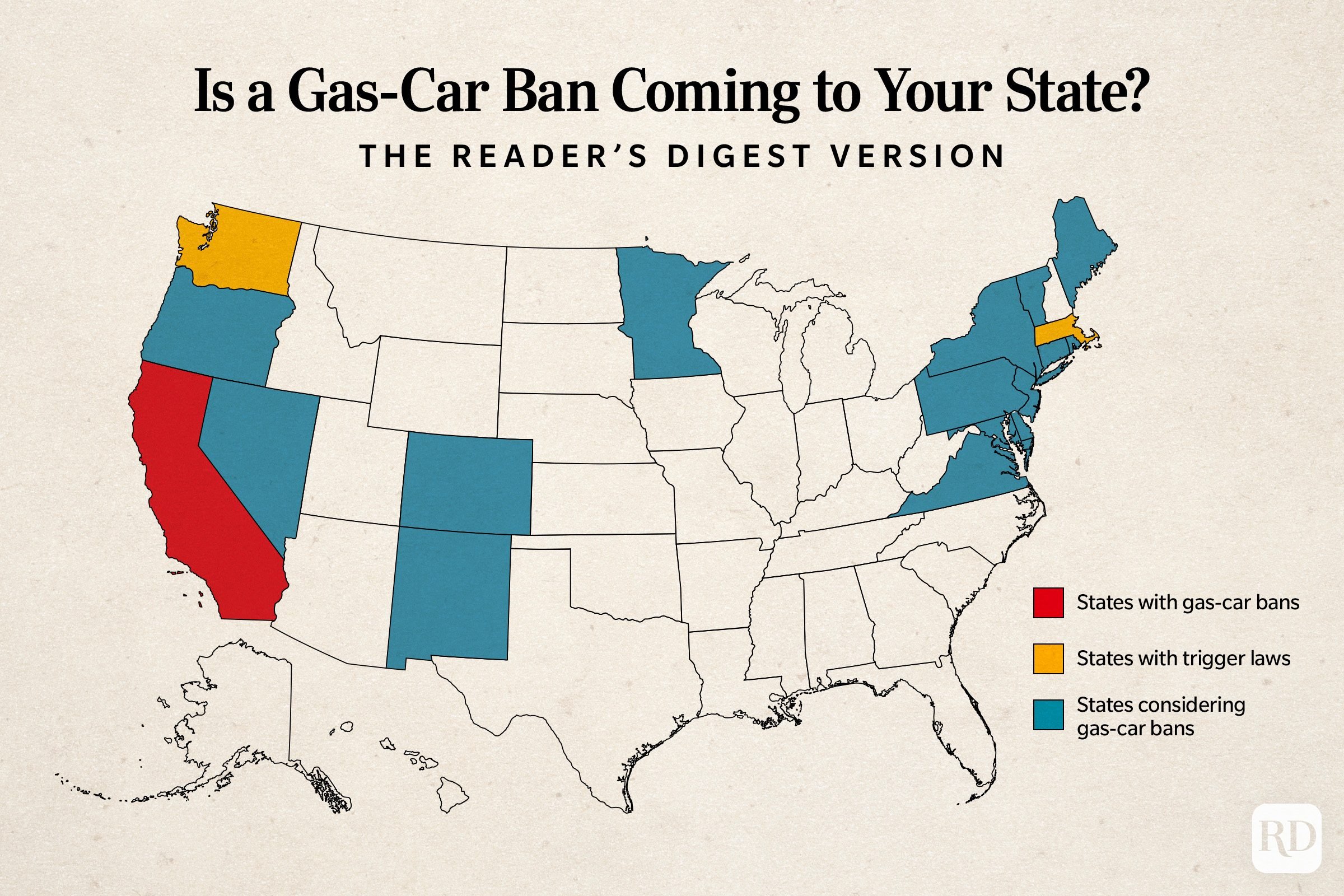
Table of Contents
The Rationale Behind Delhi's Old Petrol Car Ban
Delhi's decision to ban older petrol vehicles stems from a critical need to address its severe air pollution crisis and promote sustainable transportation.
Combating Air Pollution
- High levels of particulate matter (PM2.5): Delhi consistently records alarmingly high levels of PM2.5, a major contributor to respiratory illnesses and other health problems.
- Older vehicles as major polluters: Older petrol vehicles, lacking modern emission control technologies, release significantly higher amounts of harmful pollutants like nitrogen oxides (NOx), carbon monoxide (CO), and particulate matter, directly exacerbating Delhi's smog.
- Severe health consequences: The prolonged exposure to Delhi's polluted air leads to a myriad of respiratory illnesses, cardiovascular diseases, and even premature deaths. The World Health Organization consistently ranks Delhi among the world's most polluted cities.
- Delhi's notorious smog: The ban aims to mitigate the city's infamous winter smog, a hazardous blend of pollutants worsened by unfavorable meteorological conditions.
Older petrol cars, often lacking catalytic converters and other emission control systems, contribute disproportionately to Delhi's air pollution woes. Studies have consistently shown a direct correlation between older vehicle emissions and increased levels of PM2.5 and other harmful pollutants. This direct link underscores the rationale behind targeting these vehicles for restriction.
Promoting Sustainable Transportation
- Incentivizing cleaner vehicles: The ban encourages a transition towards cleaner fuel options like Compressed Natural Gas (CNG) and electric vehicles (EVs).
- Boosting public transport: By reducing the number of older, polluting vehicles, the ban indirectly promotes the use of Delhi's expanding metro system and bus network.
- Easing traffic congestion: Fewer vehicles on the road translate to reduced traffic congestion, leading to improved commuting times and lower fuel consumption.
- Long-term vision for a greener Delhi: The ban forms a cornerstone of Delhi's broader strategy for creating a more sustainable and environmentally friendly urban environment.
The ban acts as a catalyst, pushing individuals and businesses towards adopting cleaner transportation alternatives. Government incentives and the growing availability of EVs and charging infrastructure are further bolstering this shift.
Challenges in Implementing Similar Bans in Other Indian Cities
While Delhi's initiative is laudable, replicating it in other Indian cities presents significant hurdles.
Economic Implications
- Financial burden on car owners: Many car owners in smaller cities might lack the financial resources to replace older petrol vehicles, potentially leading to significant hardship.
- Impact on the used car market: A sudden ban could severely impact the used car market, creating economic instability for dealers and individuals relying on used vehicle sales.
- Accessibility of alternatives: The availability of affordable and readily accessible alternative transportation options, such as well-maintained public transport or sufficient charging infrastructure for EVs, varies greatly across Indian cities.
- Need for government subsidies and support: Government intervention, including substantial subsidies and support programs, is crucial to mitigate the economic impact on affected individuals.
The economic feasibility of implementing similar bans across India hinges heavily on the availability of financial aid for car owners and the development of a robust alternative transportation ecosystem.
Infrastructure Limitations
- Inadequate public transport: Many Indian cities lack the comprehensive and reliable public transport networks necessary to effectively replace private vehicles.
- Lack of charging stations: The limited availability of EV charging infrastructure restricts the widespread adoption of electric vehicles.
- CNG fuel accessibility: The geographical distribution of CNG fuel stations is uneven, limiting its viability as a widespread alternative fuel in many regions.
The success of any such ban is directly linked to existing and planned infrastructure. Significant investments in public transport, EV charging stations, and CNG infrastructure are paramount for its success.
Enforcement Challenges
- Monitoring and enforcement difficulties: Effectively monitoring and enforcing a ban on older vehicles across a large city presents logistical and administrative challenges.
- Need for stricter regulations and penalties: Robust and consistently applied penalties are necessary to deter violations and ensure compliance.
- Potential for corruption and loopholes: The implementation of such a ban must be transparent and incorruptible to prevent exploitation and unfair enforcement.
Robust monitoring systems, stringent penalties, and transparent enforcement mechanisms are crucial to the success of any vehicle ban.
Alternative Approaches to Improving Air Quality
While a complete ban on older petrol cars is a radical approach, other strategies can contribute significantly to improving air quality:
Strengthening Vehicle Emission Standards
- Stricter emission norms for new vehicles: Implementing and consistently enforcing stricter emission standards for newly manufactured vehicles reduces pollution at its source.
- Regular vehicle emission testing: Mandating regular emission testing and imposing penalties for non-compliance can significantly improve the air quality by identifying and addressing pollution from vehicles.
- Phased retirement of older vehicles: Instead of a sudden ban, a phased retirement program for older high-emission vehicles allows for a more gradual transition.
Investing in Public Transportation
- Expanding and improving public transport networks: Investing in efficient, affordable, and accessible public transportation systems can significantly reduce reliance on private vehicles.
- Affordability and accessibility: Making public transport affordable and accessible to all segments of the population is vital for achieving widespread adoption.
- Promoting active transportation: Encouraging the use of bicycles and walking through the development of dedicated cycling paths and pedestrian-friendly infrastructure.
Promoting Electric Vehicles
- Incentives for EV purchase: Offering financial incentives, such as tax breaks and subsidies, can encourage the adoption of electric vehicles.
- Robust charging infrastructure: Building a comprehensive network of charging stations is essential for ensuring the practicality of EVs.
- Vehicle scrappage policy: Implementing a robust vehicle scrappage policy can remove older, high-emission vehicles from the roads in a structured and environmentally responsible manner.
Conclusion
Delhi's old petrol car ban is a bold and ambitious initiative with the potential to dramatically improve air quality. However, its widespread implementation across other Indian cities faces considerable economic, infrastructural, and enforcement challenges. Alternative approaches, such as strengthening emission standards, significantly investing in public transport, and strategically promoting electric vehicles, should be carefully considered alongside more drastic measures. While a complete ban on old petrol cars might not be universally feasible, a comprehensive strategy combining multiple approaches is crucial. The conversation about implementing effective air pollution solutions, sparked by Delhi's initiative, must continue. Let's work collaboratively to discover sustainable solutions for cleaner air in all Indian cities, weighing both the potential benefits and limitations of an old petrol car ban in your specific context.

Featured Posts
-
 Pumas Impact On Hyrox A Look At Their Footwear
Apr 25, 2025
Pumas Impact On Hyrox A Look At Their Footwear
Apr 25, 2025 -
 5 Dos And Don Ts Succeeding In The Private Credit Job Market
Apr 25, 2025
5 Dos And Don Ts Succeeding In The Private Credit Job Market
Apr 25, 2025 -
 Meja Rias Modern Ide Desain Terbaru And Praktis Untuk Tahun 2025
Apr 25, 2025
Meja Rias Modern Ide Desain Terbaru And Praktis Untuk Tahun 2025
Apr 25, 2025 -
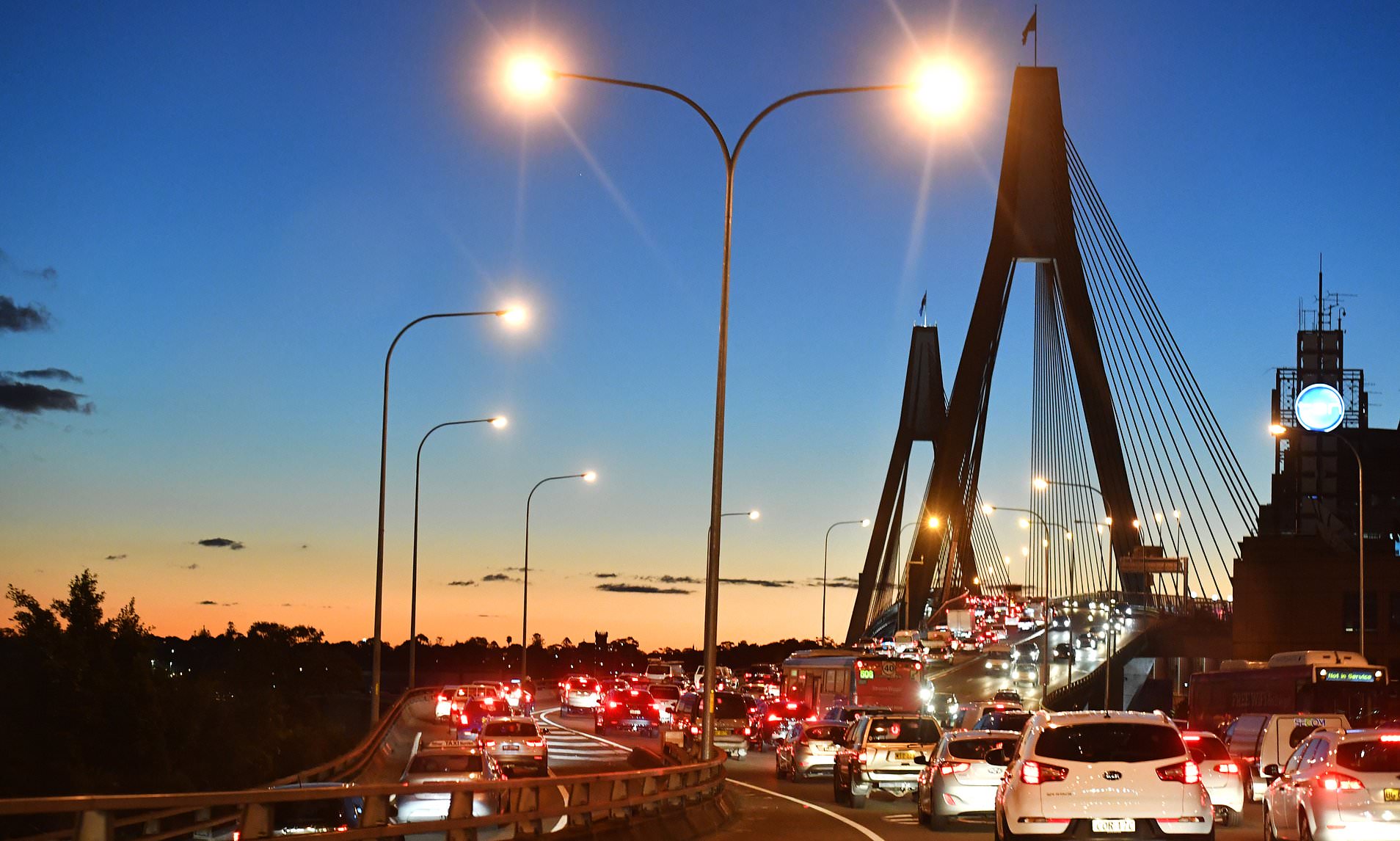 Anzac Bridge Traffic Delays Following Vehicle Collision
Apr 25, 2025
Anzac Bridge Traffic Delays Following Vehicle Collision
Apr 25, 2025 -
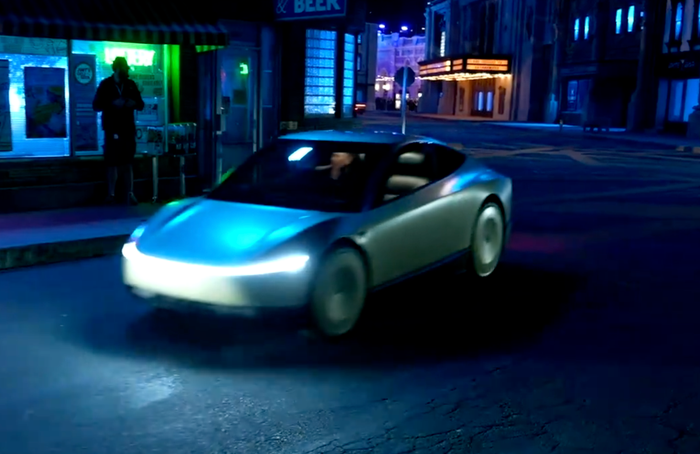 Assessing The Feasibility Of Elon Musks Robotaxi Network
Apr 25, 2025
Assessing The Feasibility Of Elon Musks Robotaxi Network
Apr 25, 2025
Latest Posts
-
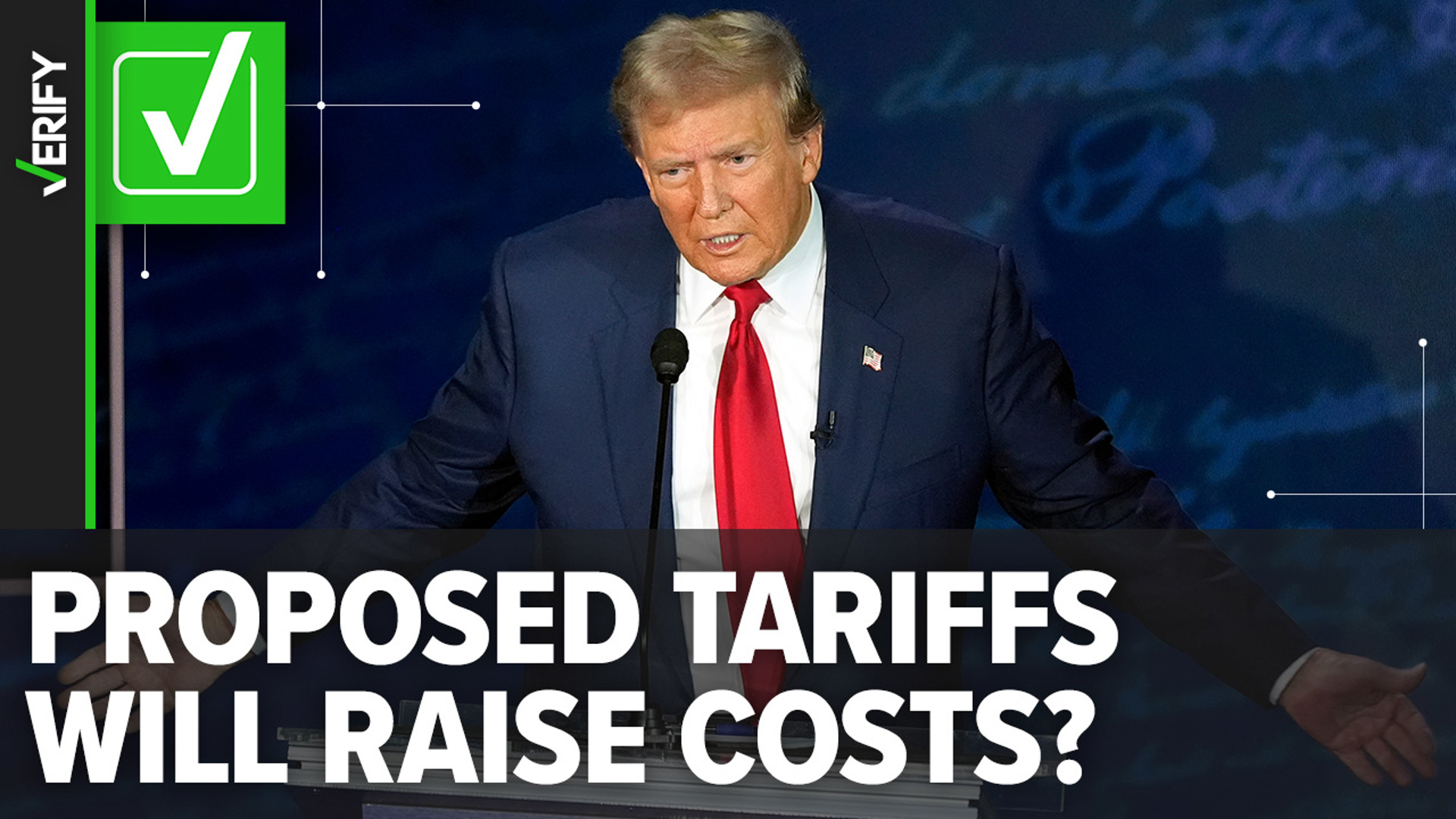 Fox News Internal Debate Trump Tariffs And Economic Consequences
May 10, 2025
Fox News Internal Debate Trump Tariffs And Economic Consequences
May 10, 2025 -
 Money Talks Fox News Hosts Spar Over Trump Tariffs And Economic Impact
May 10, 2025
Money Talks Fox News Hosts Spar Over Trump Tariffs And Economic Impact
May 10, 2025 -
 Fox News Host Jesse Watters Faces Criticism Over Wifes Infidelity Joke
May 10, 2025
Fox News Host Jesse Watters Faces Criticism Over Wifes Infidelity Joke
May 10, 2025 -
 Fox News Host Counters Colleague On Trumps Trade Policies
May 10, 2025
Fox News Host Counters Colleague On Trumps Trade Policies
May 10, 2025 -
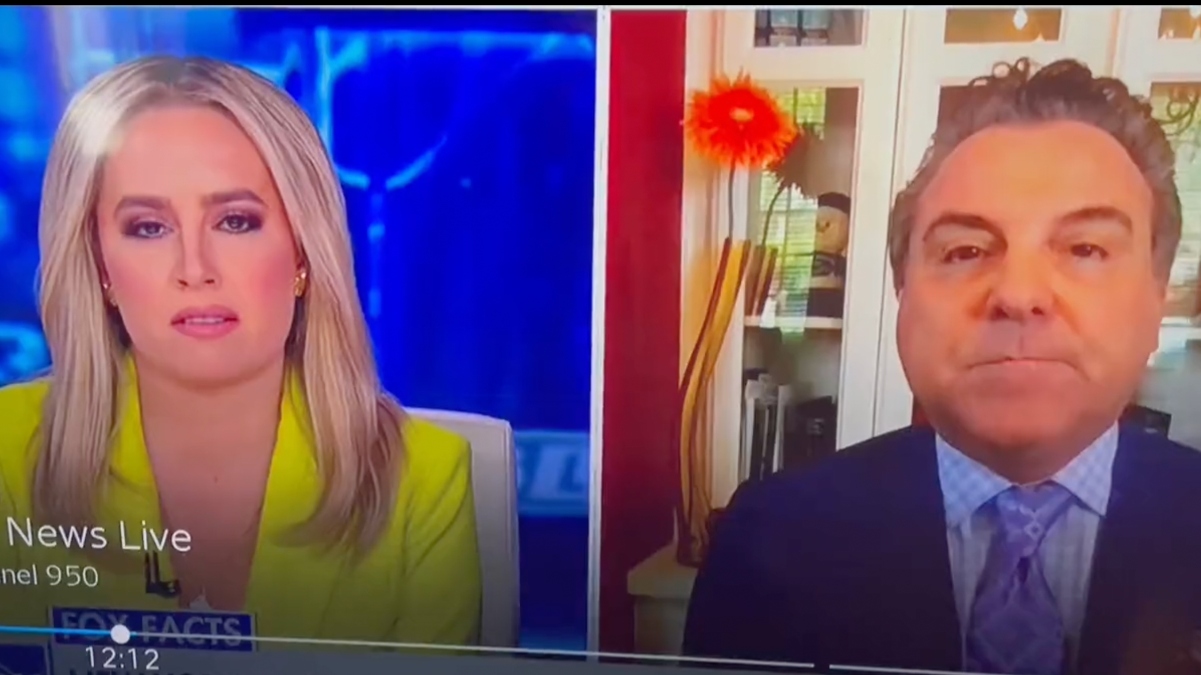 Fox News Hosts Fiery Rebuttal To Colleagues Trump Tariff Take
May 10, 2025
Fox News Hosts Fiery Rebuttal To Colleagues Trump Tariff Take
May 10, 2025
